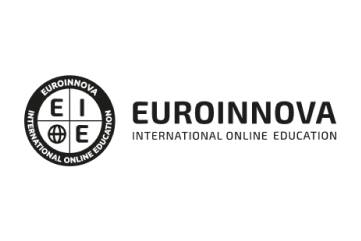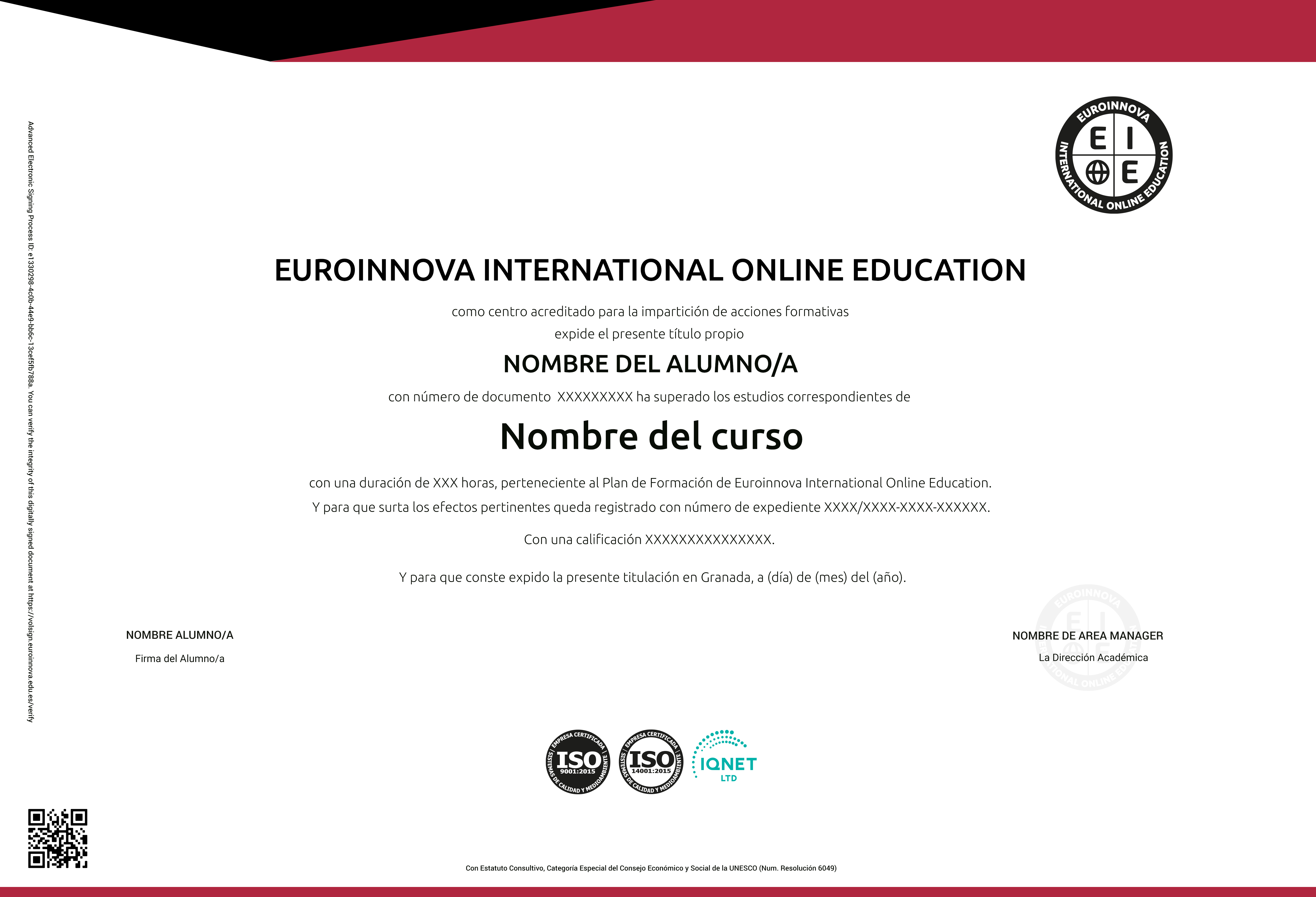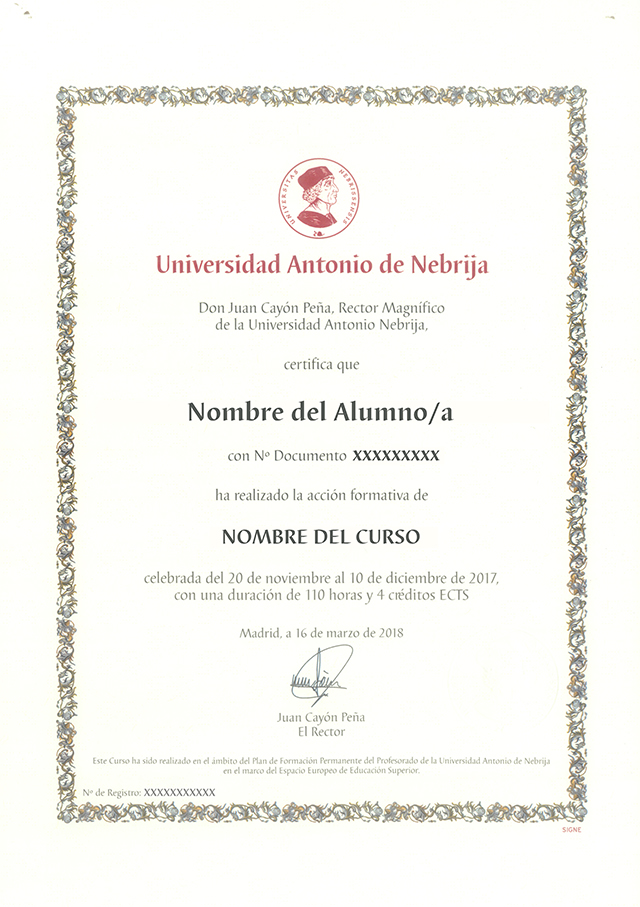Postgraduate in social skills methodology in education + university degree with 5 ECTS credits

Request information


Syllabus
Download syllabus in PDFCurriculum
Summary
Social skills are part of the person living in society. However, there is not always an adequate management of everyday situations and for this purpose the training in social skills is necessary. For this reason, this postgraduate degree in the methodology of social skills in education provides information on the development and promotion of social skills in the classroom, since the educational field must be a participant in this development in society. In addition, it also provides information on guidance and tutoring functions, since they are a fundamental pillar for quality education and about teaching leadership.
Goals
Professional opportunities
To prepare you
Social skills are part of the person living in society. However, there is not always an adequate management of everyday situations and for this purpose the training in social skills is necessary. For this reason, this postgraduate degree in the methodology of social skills in education provides information on the development and promotion of social skills in the classroom, since the educational field must be a participant in this development in society. In addition, it also provides information on guidance and tutoring functions, since they are a fundamental pillar for quality education and about teaching leadership.
Who is it addressed to?
The postgraduate postgraduate of social skills in education is aimed at any professional who is interested in the development and promotion of social skills in the educational field and those people who are linked to the professional level with the functions of tutoring and school orientation.
Official Character
This training is not included in the scope of official regulated training (Infant Education, Primary Education, Secondary Education, Official Professional Training FP, Baccalaureate, University Degree, Official University Master and PhD). It is therefore a complementary and/or specialization training, aimed at acquiring certain skills, skills or aptitudes of a professional nature, being able to be barely as merit in workbags and/or opposition competitions, always within the complementary training section and/or continuous training being always essential to review the specific requirements of the public labor stock of the public labor stock market.

Our methodology combines technology, pedagogy and empathy for learning tailored to you.
You set the pace, decide the path and artificial intelligence accompanies you so that you learn better, with meaning and purpose.

Truly personalized learning
Your style, interests and level define the route. You are the starting point.

Constructivism in action
Explore, experiment and apply. Learning means understanding, not memorizing.

AI that accompanies you, not directs you
PHIA, our artificial intelligence assistant guides you without limiting your autonomy.

Evaluation without pressure
Continuous and adaptive feedback. Because learning is a process, not a number.
Certification



Double degree: - Postgraduate degree in methodology of social skills in education with 300 hours issued by Euroinnova International Online Education, member of the AEEN (Spanish Association of Business Schools) and recognized with academic excellence in online education by QS World University Rankings - University Degree in Tutoring and School Orientation with 5 ECTS University Credits. Scoring course as merits for access oppositions to the teaching public function in all CC. AA., According to R.D. 276/2007 of February 23 (BOE 2/3/2007). This is carried out within the permanent training plan of the Antonio de Nebrija University


EducaHub Scholarships
Make your training more accessible: finance at 0% interest and obtain personalized scholarships.
At EducaHub we believe that education should be available to everyone. For this reason, we offer a Scholarship Plan that facilitates your access to practical, current and quality training, eliminating economic barriers.
-25%
Alumni Scholarship: for former EducaHub students.
-20%
Unemployment Scholarship: if you prove that you are unemployed.
-20%
Large Family Scholarship: for families with 3 or more children.
-20%
Disability Scholarship: for people with disabilities ≥33%.
-15%
Emprende Scholarship: for self-employed workers who can prove their activity.
-15%
Recommended Scholarship: if you come recommended by a former student.
-15%
Group Scholarship: for joint registrations of 3 or more people.

An entire educational universe, on a single platform.
An intuitive environment with AI that guides you to train autonomously and with purpose.

Learn at your pace
Courses, master's degrees and official qualifications. 100% online, flexible and at your pace.

Access from anywhere
Available 24/7 on mobile, tablet or PC. You decide when and how to train.

Phia, your AI mentor
It challenges you, motivates you and personalizes your path. Learn with a guide that evolves with you.

LX One Plus: Training without limits
Unlock soft skills, languages and more. Move towards comprehensive and continuous training.



